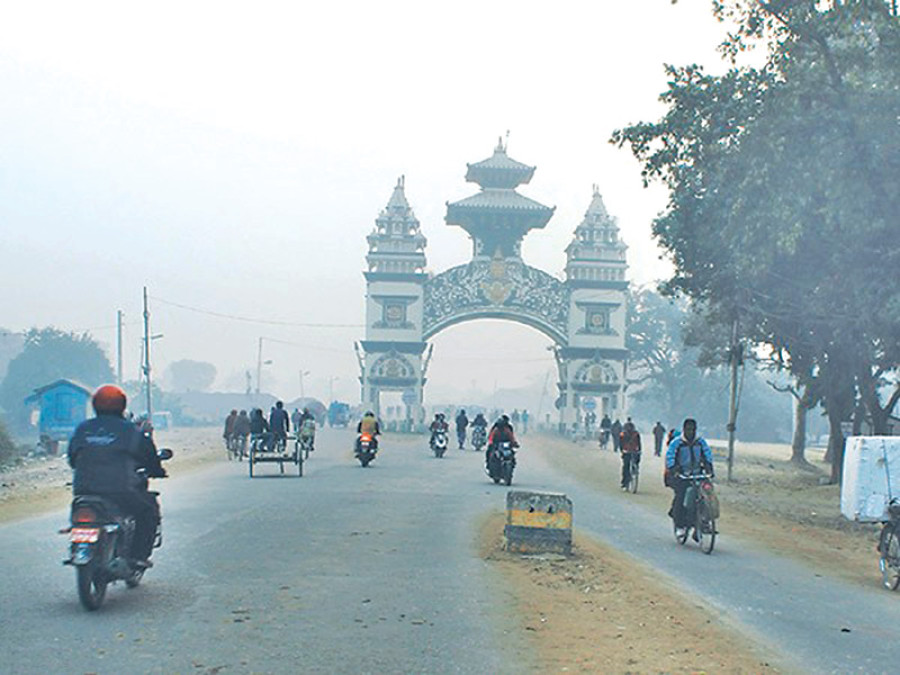Money
Revenue target met by Birgunj Customs
Revenue collection at customs offices in Birgunj, which had fallen short of target in the last few months, has bounced back with the rise in imports of various goods.
Shanker Acharya
Revenue collection at customs offices in Birgunj, which had fallen short of target in the last few months, has bounced back with the rise in imports of various goods.
Birjung Customs Office, which was given a revenue collection target of Rs9.07 billion for the Nepali calendar month of Chait (mid-March to mid-April), generated Rs9.08 billion in income in that month.
With this, Birgunj Customs Office generated Rs81.41 billion in revenue in the first nine months of current fiscal year, according to Amit Tiwari, an officer at the customs office. The officen’s revenue collection was 0.60 percent higher than the target set by the government.
Similarly, the customs office at Sirsiya Dry Port in Birgunj generated Rs1.99 billion in revenue in between mid-March and mid-April, as against the target of Rs1.91 billion. With this, the customs office collected Rs15.91 billion in revenue in the first nine months of the current fiscal year, as against the target of Rs15.3 billion.
These customs offices were able to beat the revenue collection target due to hike in imports of goods such as automobiles, petroleum products and raw materials, according to officials.
Customs offices at Birjung had lost over Rs1 billion in revenue in the Nepali calendar month of Falgun (mid-February to mid-March) due to strikes. The bandas organised in the month affected works at customs offices for three days. In the Nepali calendar months of Kartik and Poush too customs offices at Birgunj had failed to meet the revenue collection target.
According to Chief of Sirsiya Dry Port Customs Office, Surya Sedhai, revenue collection has bounced back following hike in imports of iron, electronics, industrial raw materials, liquor and energy drinks, among others.
Earlier, fall in imports of automobile had also affected revenue collection at customs offices. Imports of automobile had fallen earlier in this fiscal year after banks and financial institutions tightened auto lending, as they faced shortage of loanable funds due to lethal combination of deceleration in deposit growth and higher demand for credit.
To prevent this problem from transforming into a full-blown banking sector crisis, the Nepal Rastra Bank, the central bank, discouraged banks and financial institutions from extending credit to unproductive sectors, such as automobile.
Currently, the central bank barred banking institutions from extending more than 50 percent of the value of the vehicle as credit to auto loan seekers. Customs offices generate a huge chunk of revenue from imports of cars, vans and sports utility vehicles, as taxes of over 200 percent are levied on them.




 21.31°C Kathmandu
21.31°C Kathmandu














